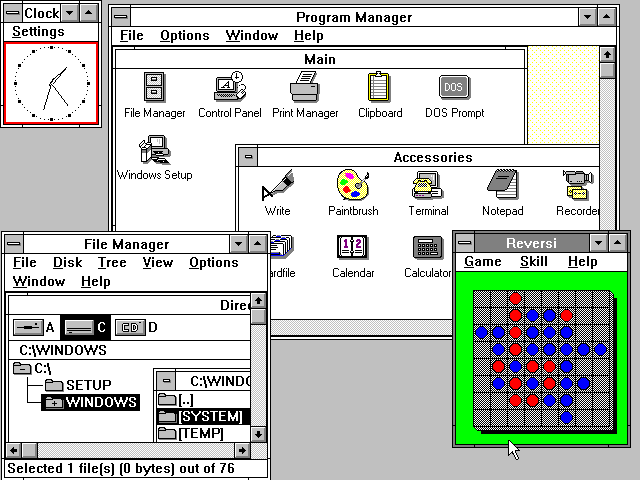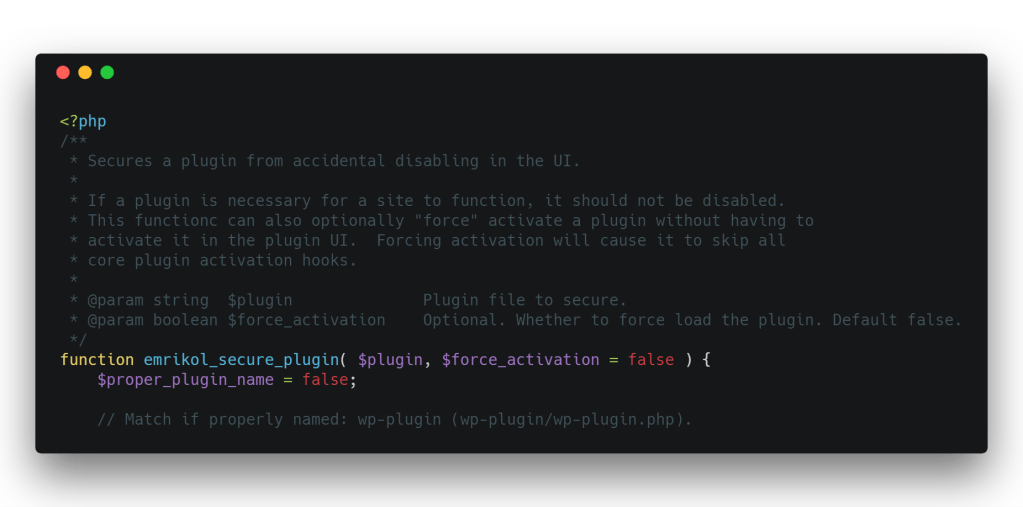Month: June 2018
-

Quick Tip: Viewing Headers With Curl
in Dev StuffLearn how to inspect HTTP headers for redirects, cache details, SSL, etc., using `curl` with `-I` switch. Discover how to resolve potential inconsistencies between `HEAD` and `GET` requests by using `-X` switch to override the default method in `curl` commands. Simplify with a combined command: `curl -IXGET http://example.com/`.
-

Disabling WordPress Faux Cron
in WordPressLearn about the WordPress WP-Cron system, its flaws, and how to fix them. Disable the default cron behavior and switch to a system cron for better performance. Improve site speed by managing cron events efficiently to avoid slowdowns on frontend requests. Let a system cron handle periodic tasks effectively for optimal site maintenance.
-

Quick Tip: Force Enable Auto-Updates in WordPress
in WordPressEnable auto-updates for WordPress core, plugins, themes, and translations using an mu-plugin with PHP code. Embrace auto-updates for smoother maintenance.
-

Windows, SFTP, and the Registry
in WindowsEasily handle dynamically generated SFTP IPs and ports by creating a wrapper script in Windows, allowing you to efficiently manage connections with additional data like private keys and proxy information. Register a handler for SFTP URIs with a Windows Registry file to streamline the process of connecting to SFTP directories.
-

Gutenberg, Code, and Highlighting
in WordPressGutenberg now supports syntax highlighting in code blocks using the code-syntax-block plugin. Say goodbye to plain code rendering and embrace the beauty of highlighted syntax within Gutenberg blocks. Check out how Marcus Kazmierczak took code display to the next level!
-

Securing WordPress Plugins with more Plugins
in WordPressLearn how to secure plugins from accidental deactivation in WordPress by creating a helper function within an mu-plugin. This function ensures that critical plugins cannot be disabled, providing stability to your website. See how to implement this function and prevent the “Deactivate” option from appearing in the WordPress admin interface.


